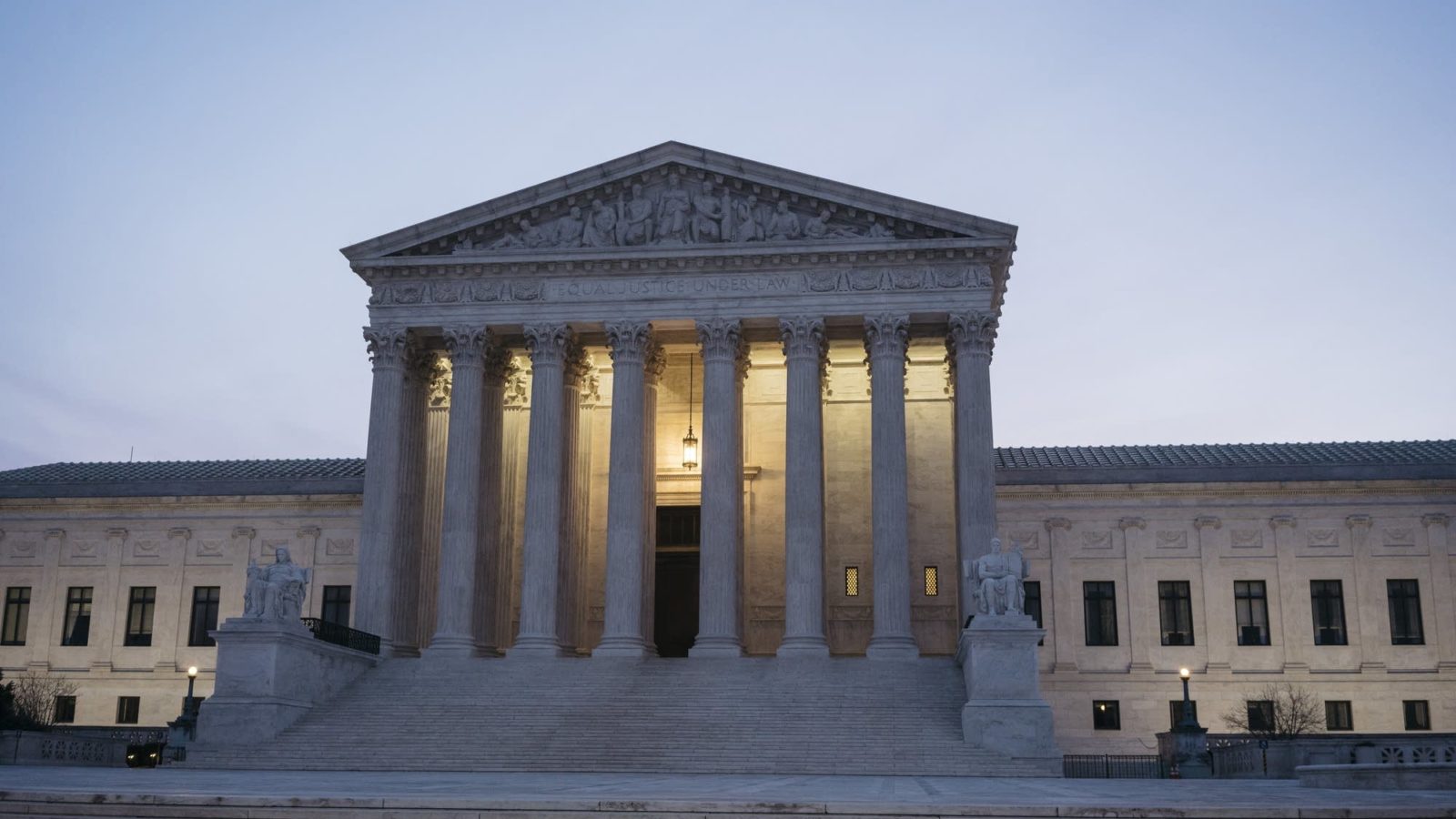I-601A HARDSHIP WAIVERS
The I-601A provisional Hardship waiver process allows individuals who are inadmissible because of unlawful presence to apply for a waiver in the United States before they depart for their immigrant visa interviews
WHAT IS HARDSHIP?
To qualify, an immigrant must prove extreme hardship to a US citizen or permanent resident spouse, parent and in some cases, children. USCIS looks at very specific facts backed by hard evidence to conclude whether or not to grant a Hardship waiver. In a typical family often there is one working spouse, minor children, and strong family ties in the U.S. A well prepared hardship waiver application must look at each area of the family unit that would be negatively impacted. A well prepared hardship waiver application should therefore at a minimum consider the financial hardship, health and physical hardship, emotional hardship, and loss of family ties in the US that would result if the application is denied and the immigrant is deported as well as the country conditions in the immigrant’s home country. In addition to detailed client declarations, clients must also provide 3rd party evidence such as tax returns, bank statements, paystubs, medical records, psychological evaluations, church records, school records, even family photos and correspondence to back up any claimed hardship. Whether to grant or approve a hardship waiver is a discretionary decision.
WHO NEEDS AN I-601A WAIVER?
Anyone who has lived in the US for more than 180 days without legal status and therefore subject to the 3 or 10 year bar under INA section 212(a)(9)(B) needs a hardship waiver. However, only immigrants with qualifying relatives can apply. Before the immigrant leaves the US to process for an immigrant visa, he files an I-601A waiver with USCIS. For those already outside the US, an I-601 waiver is filed before re-entry is granted.
WHO IS A QUALIFYING RELATIVE?
Under either the I-601A or I-601 Waiver process, extreme hardship must be to a “qualifying relative.” Qualifying relatives are US citizen or permanent resident spouses or parents of the intending immigrant. While you may have US born children, only hardship to your spouse or parent applies because children are not considered “qualifying relatives” for purposes of this type of waiver.
HOW LONG MUST I WAIT OUTSIDE THE US?
This largely depends on whether an I-601A Provisional Waiver was filed prior to departure or an I-601 Waiver was filed after the immigrant visa was denied. Intending Immigrants filing the I-601A while still in the US can typically expect to wait 2 – 4 weeks outside the US for immigrant visa processing. Those who filed an I-601 waiver from outside the US can expect to wait between 4-6 months for a decision on the I-601 waiver application and then another 2-4 months for final immigrant visa processing.





Leave a Reply